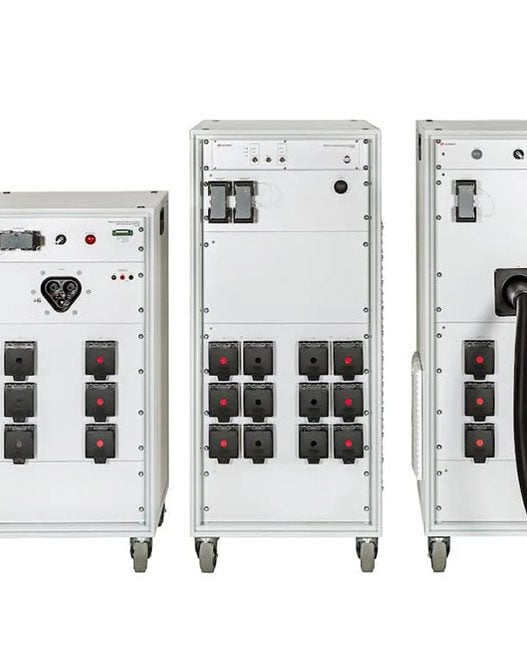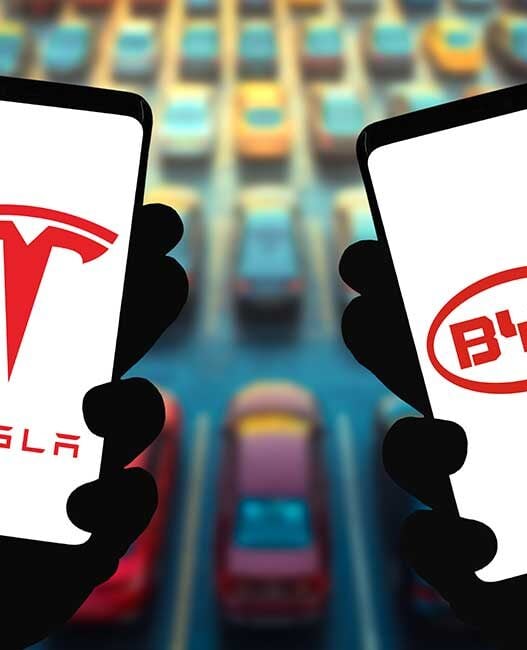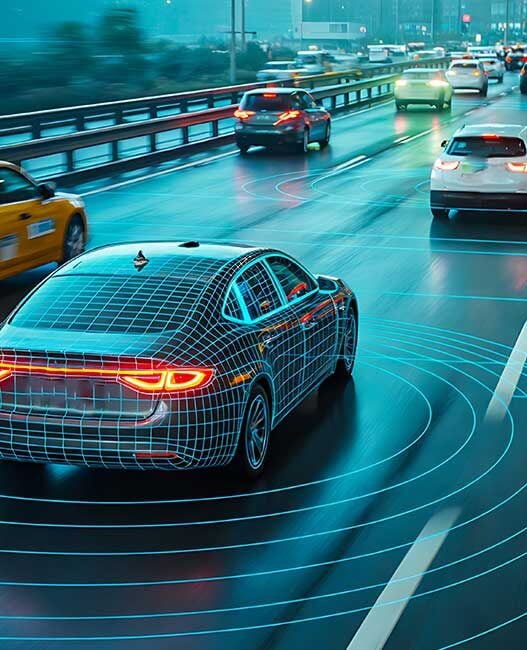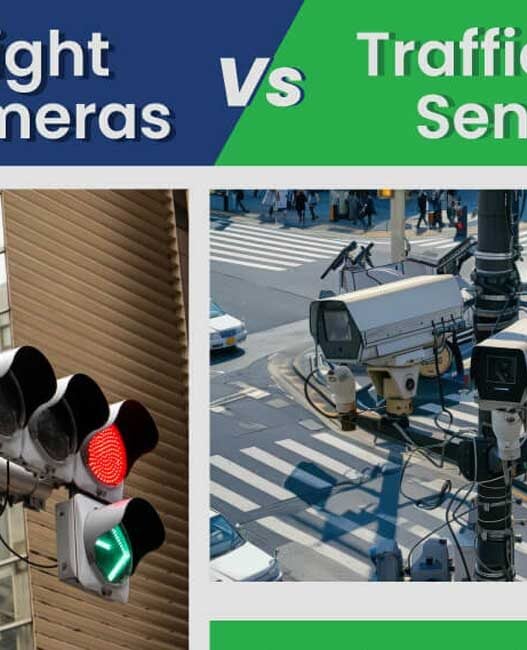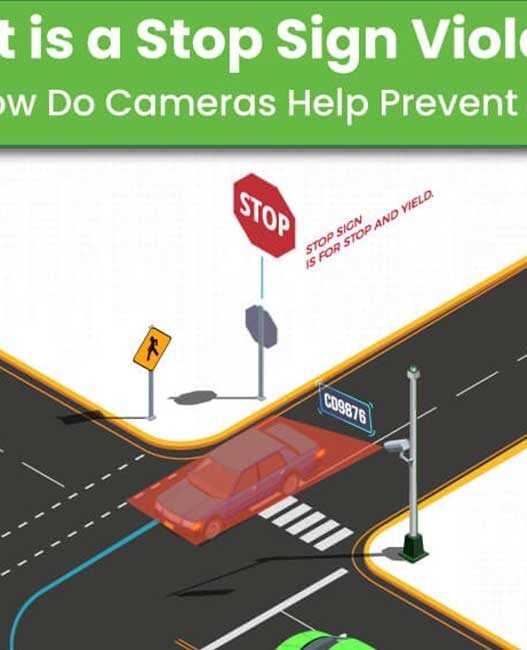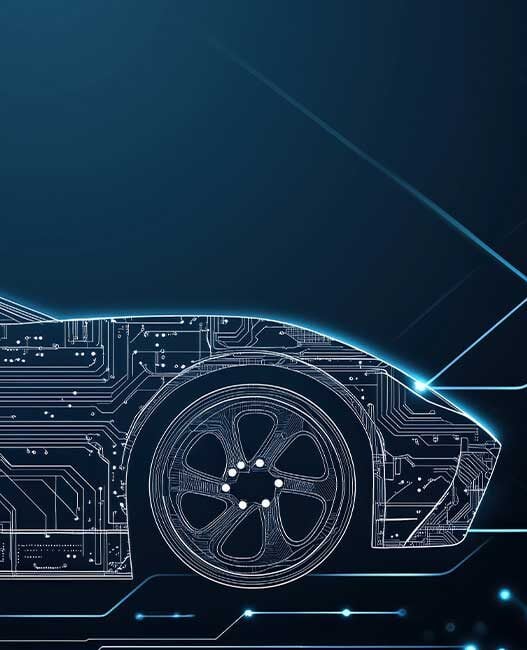Wayve will be lending its technology to the project, which is its AI-powered AV2.0 that the company said learns from experiences like people, which means it is well positioned to adapt to new roads and conditions.
Wayve was first founded in 2017 as a company promising to bring autonomous, self-driving vehicles to our roads. The growth of robotaxis has been stunted somewhat, by concerns over the safety of the vehicles – i.e., whether they could react the same way as a human driver to a situation – and difficulty with scaling for companies.
The latter reason was cited by General Motors in an announcement last year that it would no longer be funding its Cruise subsidiary of self-driving vehicles, mentioning “considerable time and resources” required to scale the business. It also had to pull its US vehicles from testing in California after a self-driving car hit a pedestrian at 1.4mph and another dragged a woman after she was hit by another car, driven by a person.
The trials will oversee testing of L4 vehicles, which Wayve said in an announcement means that the cars will be fully autonomous. However, the levels of autonomy in driving running from 0 to 5 are important to differentiate. Level 0 means the driver is fully responsible for the operation of the car, and Level 5 means the car is fully automated and can drive anywhere, regardless of the terrain. Level 4 relates to full autonomy, but self-driving will only be permitted in geofenced areas where HD maps are available.
The vehicles will be testing on London streets with human oversight, which aligns with the UK government’s current rules about self-driving cars. The UK’s Automated Vehicles Act 2024 came into force in May, and set out a legal framework for the deployment of automated vehicles. It said it expected automated vehicles to reduce human error significantly – which currently contributes to 88% of road collisions.
It also hopes that it will create more jobs, as current figures report that between 2018 and 2022 the self-driving vehicle industry generated £475 million in direct investment and created 1,500 new jobs.
“This is a defining moment for UK autonomy,” said Alex Kendall, CEO and Co-Founder of Wayve in the announcement. “With Uber and a global OEM partner, we’re preparing to put our AI Driver technology into real service on the streets of London, delivering on our AV2.0 vision for scalable autonomy. Our Embodied AI learns to drive anywhere, in any vehicle, and this trial brings us closer to bringing safe and intelligent driving to everyday rides across the UK and beyond.”
“Today’s agreement, between two leading names at the forefront of the sector, is a fantastic vote of confidence in this new technology,” said Heidi Alexander, Secretary of State for Transport. “By fast tracking pilots of self-driving vehicles by spring 2026, we are excited to see safety-first tests that will drive growth, create 38,000 jobs and add £42bn to our economy.”







